700 State Hwy 121 Suite 200
Lewisville
TX 75067
USA
Phone: 800-759-7474
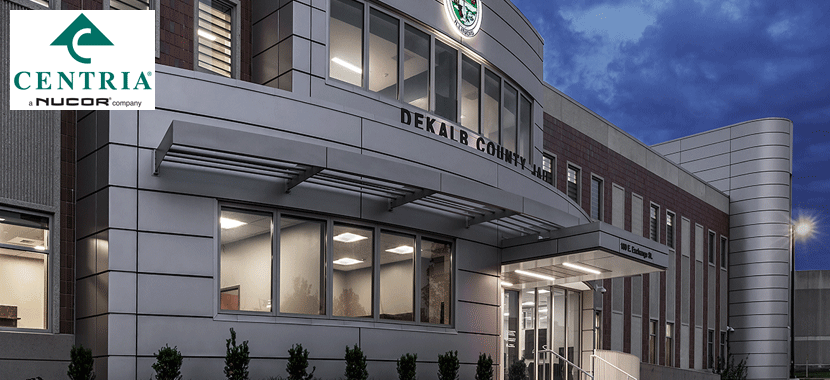
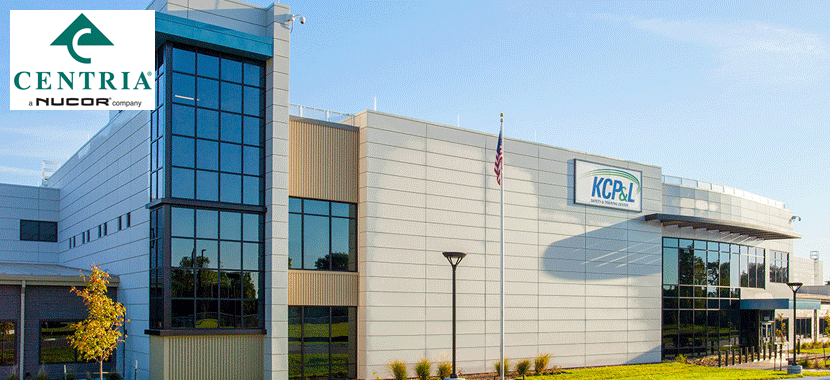
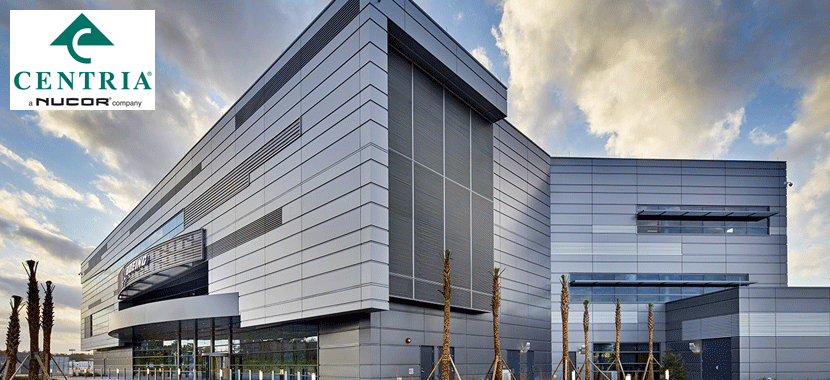
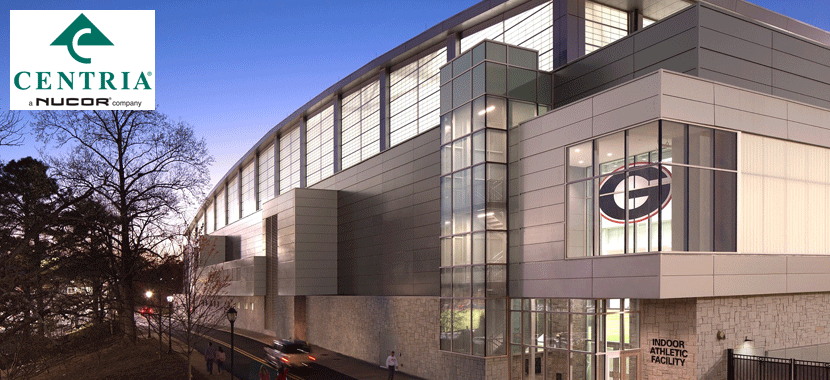
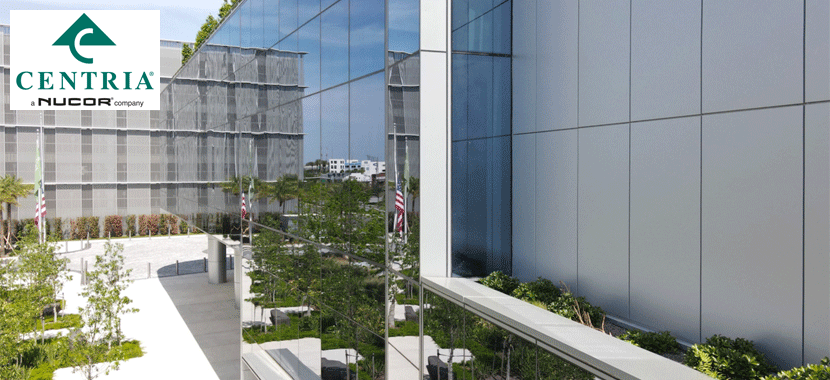
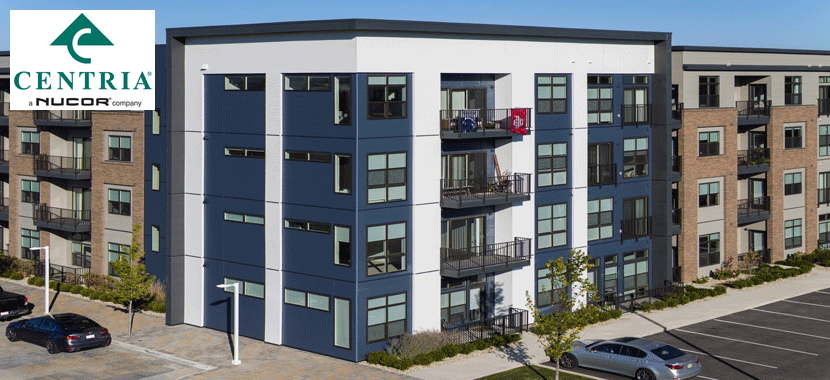
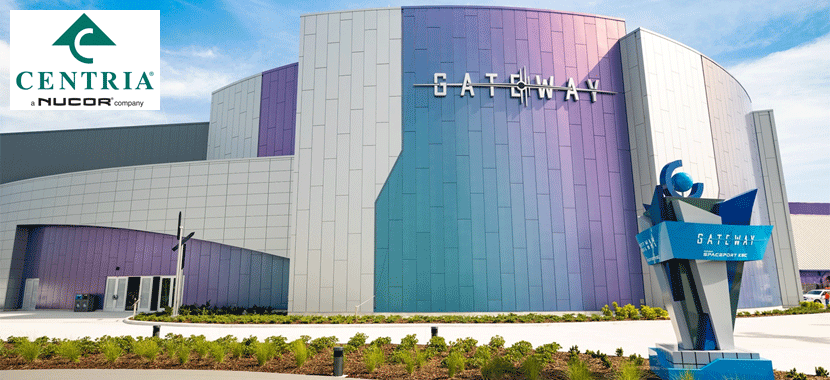
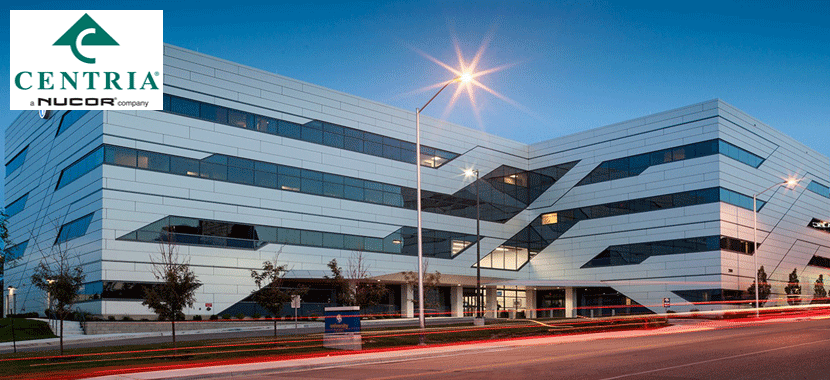
Displaying 8 course(s).
Scan this code with your mobile device camera to take this page on-the-go!

https://redirect.aecdaily.com/s3379/www.aecdaily.com/course/961744
 As part of a well-designed rainscreen system, single-skin metal panels offer unique aesthetic options combined with the assurance that the building envelope will withstand the effects of long-term exposure to the elements. This course compares common cladding types; presents single-skin metal panel materials, coatings, finishes, and design options; and examines using single-skin metal panels with a single-component barrier wall to form a complete rainscreen assembly.
This course is one of two identical courses titled Single-Skin Metal Panel Building Envelope Solutions . You will receive credit for taking only one of these courses.
As part of a well-designed rainscreen system, single-skin metal panels offer unique aesthetic options combined with the assurance that the building envelope will withstand the effects of long-term exposure to the elements. This course compares common cladding types; presents single-skin metal panel materials, coatings, finishes, and design options; and examines using single-skin metal panels with a single-component barrier wall to form a complete rainscreen assembly.
This course is one of two identical courses titled Single-Skin Metal Panel Building Envelope Solutions . You will receive credit for taking only one of these courses.
Scan this code with your mobile device camera to take this page on-the-go!

https://redirect.aecdaily.com/s3379/www.aecdaily.com/course/916307
 The building envelope must withstand the effects of long-term exposure to the elements. This course explores rainscreen wall design and the control of hygrothermal loads. The traditional multicomponent backup wall assembly is compared with the single-component, insulated metal composite backup wall system, outlining key differences in design and construction and their overall effect on installation and performance.
The building envelope must withstand the effects of long-term exposure to the elements. This course explores rainscreen wall design and the control of hygrothermal loads. The traditional multicomponent backup wall assembly is compared with the single-component, insulated metal composite backup wall system, outlining key differences in design and construction and their overall effect on installation and performance.
Scan this code with your mobile device camera to take this page on-the-go!

https://redirect.aecdaily.com/s3379/www.aecdaily.com/course/1090403
 Architects and other design professionals have a critical role to play in reducing global greenhouse gas emissions through building design and product selection. The urgent need to reduce both operational and embodied carbon means that building designers must be familiar with transparency documents that facilitate low-carbon product selection. In this course, we review the types of carbon of concern, transparency documents that provide critical information, and tools for sourcing embodied carbon information. We also look at the contribution of insulated metal panels to both low embodied and low operational carbon buildings.
Architects and other design professionals have a critical role to play in reducing global greenhouse gas emissions through building design and product selection. The urgent need to reduce both operational and embodied carbon means that building designers must be familiar with transparency documents that facilitate low-carbon product selection. In this course, we review the types of carbon of concern, transparency documents that provide critical information, and tools for sourcing embodied carbon information. We also look at the contribution of insulated metal panels to both low embodied and low operational carbon buildings.
Scan this code with your mobile device camera to take this page on-the-go!

https://redirect.aecdaily.com/s3379/www.aecdaily.com/course/826168
 Understanding building physics is critical to proper building envelope design. Examined here are practical concepts for the building designer, including how cladding systems perform across different climate zones and applications. Environmental control layers and hygrothermal loads are reviewed, as is the concept of perfect/universal wall design. The course focuses on how single-component insulated metal panels (IMPs) function as a perfect/universal wall, simplifying wall system design and installation.
Understanding building physics is critical to proper building envelope design. Examined here are practical concepts for the building designer, including how cladding systems perform across different climate zones and applications. Environmental control layers and hygrothermal loads are reviewed, as is the concept of perfect/universal wall design. The course focuses on how single-component insulated metal panels (IMPs) function as a perfect/universal wall, simplifying wall system design and installation.
Scan this code with your mobile device camera to take this page on-the-go!

https://redirect.aecdaily.com/s3379/www.aecdaily.com/course/1078230
 Architectural insulated metal panels (IMPs) are an increasingly popular choice for building developers and architects, presenting a compelling solution that combines functionality, efficiency, and aesthetic appeal. This course reviews the architectural IMP, its applications and benefits, and comparisons to other materials. It explores current trends and developments that are paving the way for increased aesthetic possibilities and building envelope performance.
Architectural insulated metal panels (IMPs) are an increasingly popular choice for building developers and architects, presenting a compelling solution that combines functionality, efficiency, and aesthetic appeal. This course reviews the architectural IMP, its applications and benefits, and comparisons to other materials. It explores current trends and developments that are paving the way for increased aesthetic possibilities and building envelope performance.
Scan this code with your mobile device camera to take this page on-the-go!

https://redirect.aecdaily.com/s3379/www.aecdaily.com/course/917631
 Exterior wall systems are the dividing line between the exterior and the interior and must address several fundamental performance goals of the building envelope. This course reviews traditional rainscreen design and examines why, with its single-component construction, an insulated composite backup wall system is a vast improvement over traditional multicomponent building technology.
Exterior wall systems are the dividing line between the exterior and the interior and must address several fundamental performance goals of the building envelope. This course reviews traditional rainscreen design and examines why, with its single-component construction, an insulated composite backup wall system is a vast improvement over traditional multicomponent building technology.
Scan this code with your mobile device camera to take this page on-the-go!

https://redirect.aecdaily.com/s3379/www.aecdaily.com/course/869438
 The facade is one of the most significant contributors to the energy consumption and comfort parameters of any building. This course explores high-performance building envelopes and the use of advanced insulated metal panel systems featuring integrated daylighting and ventilation components that combine to provide weathertightness and maximum thermal performance.
The facade is one of the most significant contributors to the energy consumption and comfort parameters of any building. This course explores high-performance building envelopes and the use of advanced insulated metal panel systems featuring integrated daylighting and ventilation components that combine to provide weathertightness and maximum thermal performance.
Scan this code with your mobile device camera to take this page on-the-go!

https://redirect.aecdaily.com/s3379/www.aecdaily.com/course/903336
 Understanding how insulated metal panels comply with fire safety regulations under the code is critical to their proper use in creating highly energy-efficient and sustainable buildings. This course takes a relatively complex subject and addresses the most important fire safety aspects to allow building designers to make an informed decision on the use of these popular cladding systems. Also reviewed are how these products have been addressed in the development of the International Building Code and the various third-party product listings, evaluation reports, and engineering judgements used to show compliance.
Understanding how insulated metal panels comply with fire safety regulations under the code is critical to their proper use in creating highly energy-efficient and sustainable buildings. This course takes a relatively complex subject and addresses the most important fire safety aspects to allow building designers to make an informed decision on the use of these popular cladding systems. Also reviewed are how these products have been addressed in the development of the International Building Code and the various third-party product listings, evaluation reports, and engineering judgements used to show compliance.
Displaying 8 course(s).